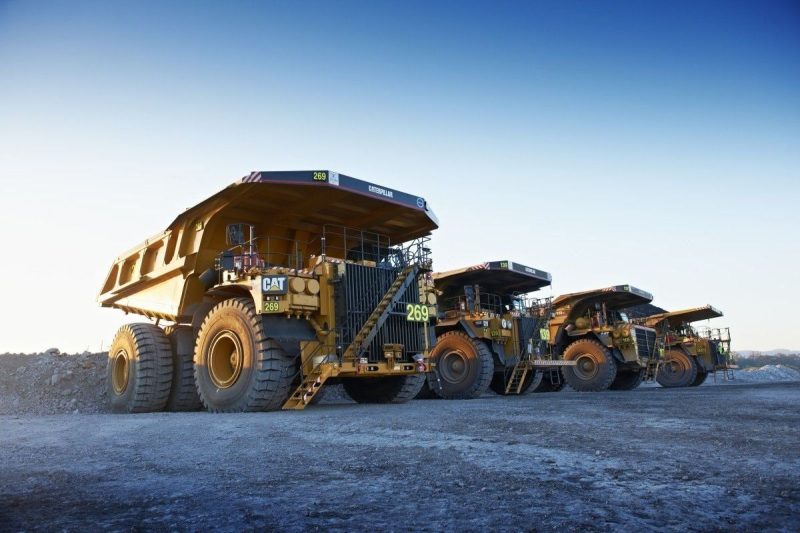Glencore, a multinational company with headquarters in Switzerland, has encountered significant challenges in its Queensland Carbon Capture Project in Australia due to unforeseen groundwater issues. The complications primarily center around the impacts of the project on local underground water supplies, which has generated widespread concern amongst the local population and environmental bodies.
Glencore’s carbon capture project in Queensland aimed to trap carbon dioxide emissions and transfer them underground, thus reducing the amount of greenhouse gases released into the atmosphere. The end goal for the multinational mining corporation was to reduce its carbon footprint and contribute to the global fight against climate change.
However, grey areas began to appear when local environmental authorities discovered traces of pollutants in the groundwater in the vicinity of the project site. It was suspected that the project had inadvertently contaminated the drinking water supply for surrounding residential areas. The revelation of these groundwater contaminants has triggered environmental concerns and sparked a heated debate over the sustainability and safety of the Queensland Carbon Capture Project.
A key concern that has been raised is the risk associated with carbon sequestration, particularly when geological formations used for CO2 storage are in proximity to vital groundwater sources. Despite technological advancements and improvements in geological sequestration techniques, the potential for groundwater contamination with heavy metals, salts, and changes in water acidity levels remains.
Moreover, the fact that such an issue arose in Glencore’s carbon capture project has accentuated the questions hanging over the safety of any parastatal or private corporations attempting similar undertakings. The situation brings to light the delicate balance between the quest for clean energy technology and the imperative to preserve and protect natural resources, particularly water, which is critical for human and ecological survival.
This Glencore case also serves as a wake-up call for policy formulators for mining operations and carbon capture schemes in Australia and beyond. It underlines the necessity of a comprehensive assessment of potential risks and impacts on the environment and local communities before the approval and commencement of such projects.
This incident has also brought into the spotlight the need for strict environmental monitoring practices throughout the project lifecycle. This will ensure any potential anomalies or contaminants can be detected early and appropriate remedial measures swiftly implemented.
Despite the challenges, the derailment of Glencore’s Queensland carbon capture project due to groundwater issues should not be seen entirely as a blow to the advancement in the carbon capture and storage sector. Instead, it provides an opportunity for learning and improvement. It grants researchers, scientists, and policymakers the chance to garner insights into the complexities and risks of projects involving geological carbon sequestration, particularly in regard to possible impacts on vital water resources.
In future endeavors, it is crucial that all stakeholders ensure that robust risk assessment, diligent planning and ongoing monitoring are incorporated from inception till completion and post-completion phases of such projects. It is equally important that corporations involved in similar projects run public awareness campaigns and initiate open dialogues with local communities about their operations throughout the project lifecycle to ensure transparency and mitigate concerns.
In summary, Glencore’s Queensland Carbon Capture Project debacle shows how intricate and complex the intersection between climate change mitigation methods and environmental preservation can be. This unfortunate incident symbols the necessity to approach every environmentally focused project cautiously and ethically, prioritizing the preservation of natural resources and the safety and welfare of local communities.




